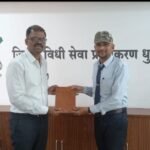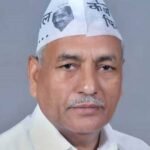The Research Society for the Study of Diabetes in India (RSSDI) is planning to adopt 100 villages across the country to provide standard diabetes care for the rural poor. The initiative will include field visits by highly qualified doctors to screen people for diabetes and other non-communicable diseases such as hypertension and obesity.
Those diagnosed with diseases will be connected with local health centers. The goal is to provide timely diagnosis to prevent complications and reduce the increasing burden of diabetes in the country. The program will also conduct periodic educational sessions on diabetes and other non-communicable diseases. RSSDI is in talks with Rotary India to execute the program and plans to assist Accredited Social Health Activists (ASHA) workers in the prevention of non-communicable diseases by providing assistance in the form of blood glucose meters, strips, BP instruments, and educational material. The village adoption program by RSSDI will involve community-based screening, completion of a community-based assessment checklist (CBAC), community mobilization, and health promotion.
Those suspected of having any of the non-communicable diseases will be referred to the Primary Health Center (PHC), and those diagnosed with any of these NCDs will be followed up to check their adherence to the treatment plan. Dr. Sanjay Agarwal, the national secretary of RSSAI, has stated that RSSDI will provide assistance in the form of blood glucose meters, strips, BP instruments, and educational material, and will also conduct educational sessions for the rural population to combat diabetes by changing lifestyle patterns and dietary habits.










